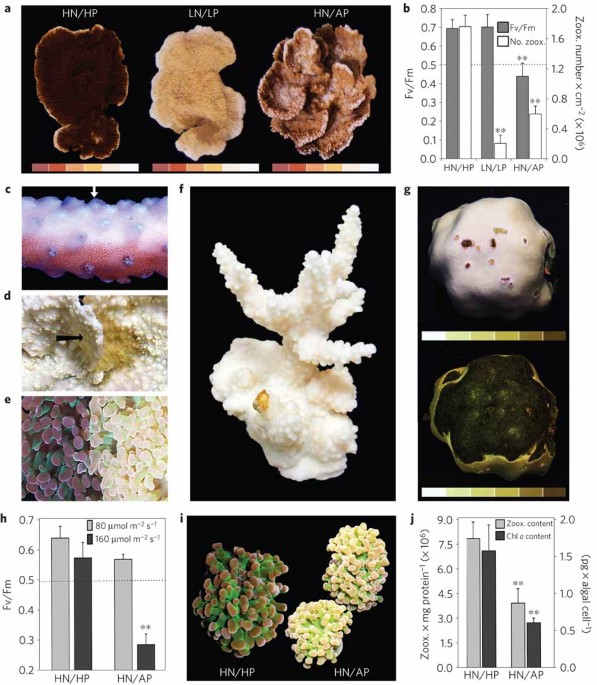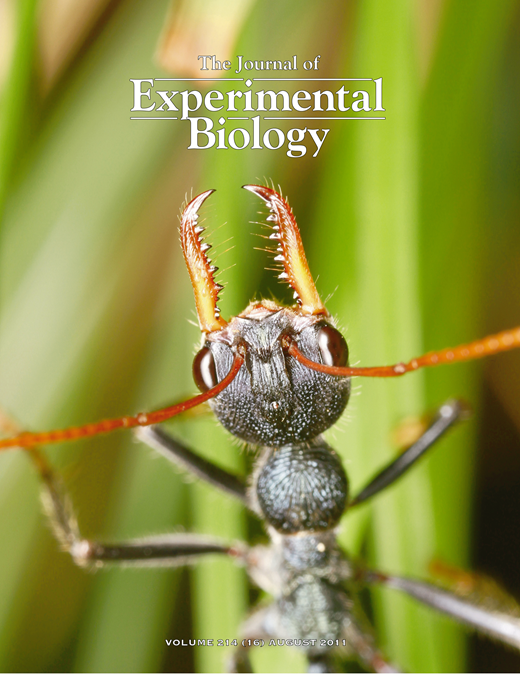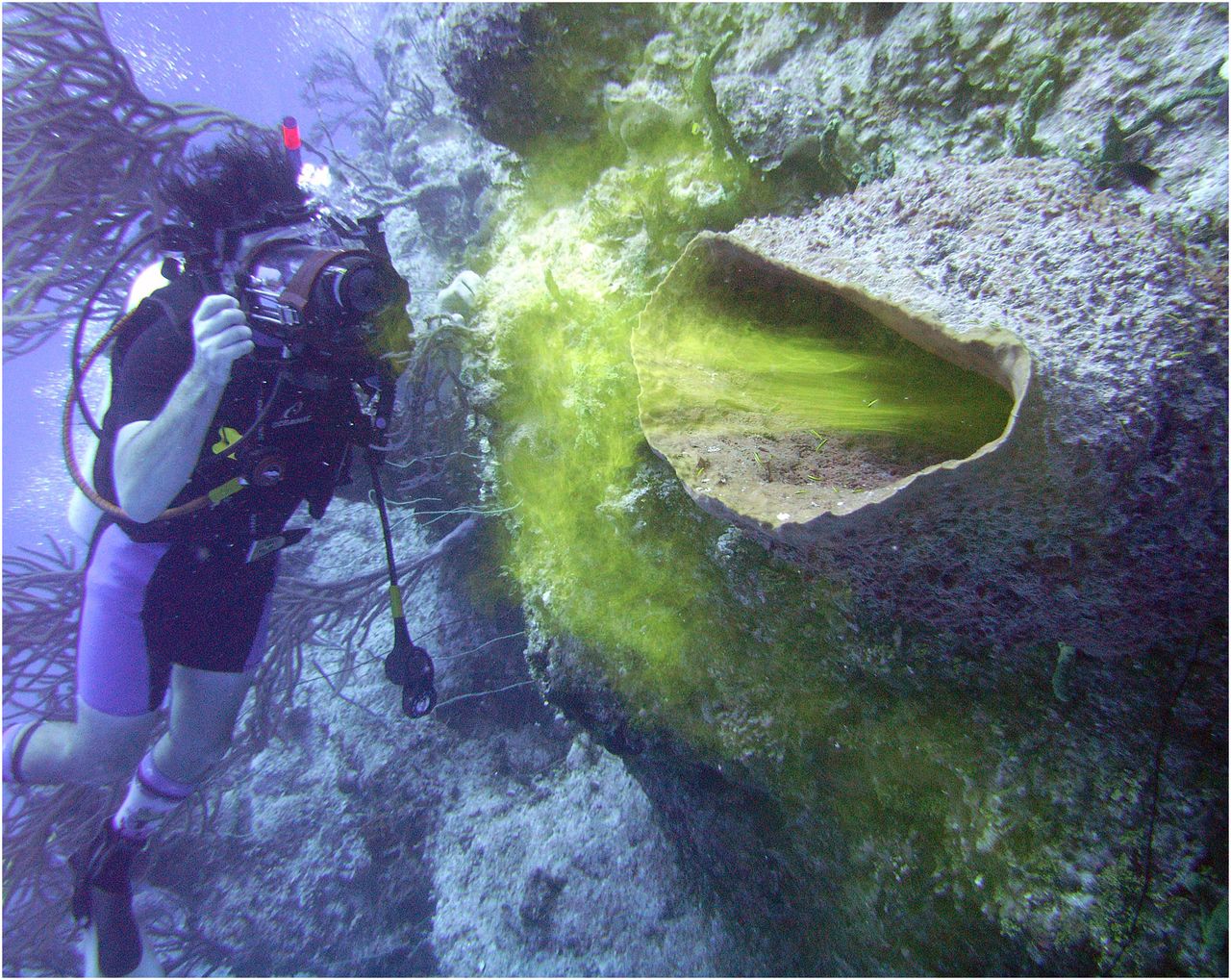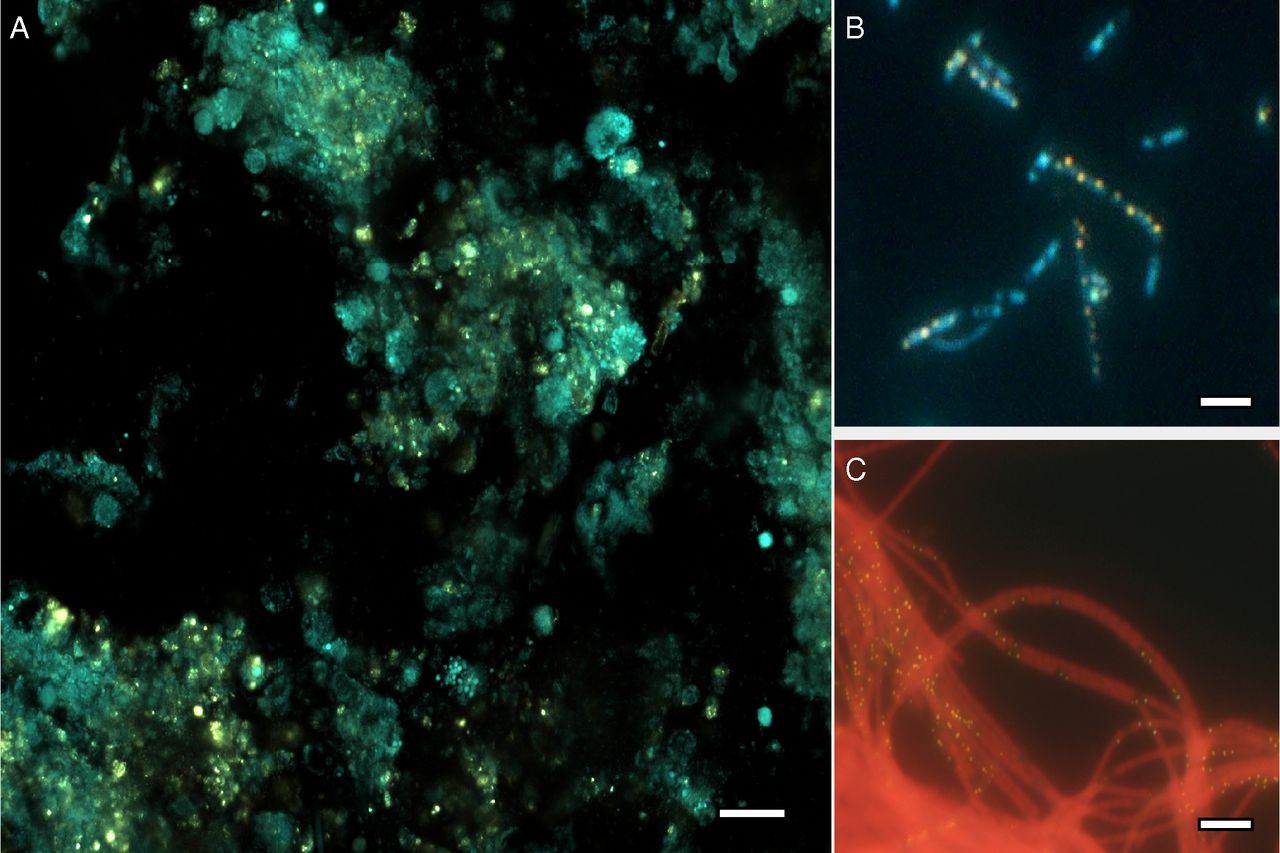My coral has been doing really bad as of lately. Some have bleached and others have died. As for the past year I haven’t had many fish only 1 clown in a 60 gallon. The nitrates have been at 0 for the pst couple months and everything else seems pretty normal. I haven’t changed my lighting in a very long time so I don’t think that is the reason. My mushrooms have died, my trumpets shriveled, and my lobo is receding. Would getting some more fish help? What could fix this?
Navigation
Install the app
How to install the app on iOS
Follow along with the video below to see how to install our site as a web app on your home screen.
Note: This feature may not be available in some browsers.
More options
You are using an out of date browser. It may not display this or other websites correctly.
You should upgrade or use an alternative browser.
You should upgrade or use an alternative browser.
Coral not growing & looking bad
- EMERGENCY
- Thread starter 1Matthew
- Start date
-
- Tags
- coral death emergency help
- Tagged users None
More fish just means more DOC/DOS. Same with food. Test your water. If not using rodi, I would guess contaminants via ammonia and phosphates.
Corals won't shrivel up from high phosphates, especially softies. Phosphate is more of an issue with slower growth and more brittle skeletons. Also, ammonia would not be likely since the op has 1 clownfish.
Last edited:
I accidently missed where you said one clown. I am 99% confident it is a lack of nitrate and possibly phosphate. That is just way too little fish for that size tank if you aren't given corals daily food supplies of the exact type of food they can eat.
I just purchased some fish and half a phosphate test my phosphates are 0.02 and nitrates practically zero, at 0.2
I also feed every so often reed roids
I use RODIMore fish just means more DOC/DOS. Same with food. Test your water. If not using rodi, I would guess contaminants via ammonia and phosphates.
Phosphates should be higher. What are your other water parameters? (Out of curiosity, what do you test for regularly and how often?) Here's some videos you might find informative:
Forest Rohwer "Coral Reefs in the Microbial Seas"
Changing Seas - Mysterious Microbes
Nitrogen cycling in hte coral holobiont
BActeria and Sponges
Richard Ross What's up with phosphate"
Forest Rohwer "Coral Reefs in the Microbial Seas"
Changing Seas - Mysterious Microbes
Nitrogen cycling in hte coral holobiont
BActeria and Sponges
Richard Ross What's up with phosphate"
Phosphates should be higher. What are your other water parameters? (Out of curiosity, what do you test for regularly and how often?) Here's some videos you might find informative:
Forest Rohwer "Coral Reefs in the Microbial Seas"
Changing Seas - Mysterious Microbes
Nitrogen cycling in hte coral holobiont
BActeria and Sponges
Richard Ross What's up with phosphate"
0.2 phosphate is high and should not be higher.
Check ur salinity. Double check. Have it checked by another source. Same with alk. Hths u
-d
-d
0.2 phosphate is high and should not be higher.
. . . my phosphates are 0.02 . . .
@AutumnReefs, 1Mathew said his phospahtes are at .02, not .2. Just FYI but .2 mg/l PO4 is what occurs naturally with upwelling. Research done at Southampton University in England over several years with a typical low nutrient system identified a threashold level of .03 mg/l PO4 to prevent phosphate deficiency in corals. Here's a quote by J. E. N. Veron and some links for those interested in reading more about phosphorus on reef systems:
"Imported nutrients are usually transported to reefs from rivers; but if there are no rivers, as with reefs remote from land masses, nutrients can only come from surface ocean circulation. Often this supply is poor, and thus the vast ocean expanses have been refered to as "nutrient deserts". The Indo-Pacific has many huge atolls in these supposed deserts which testify to the resilience of reefs, but the corals themselves may lack the lush appearance of those of more fertile waters. Many reefs have another major supply of inorganic nutrients as, under certain conditions, surface currents moving against a reef face may cause deep ocean water to be drawn to the surface. This "upwelled" water is often rich in phosphorus (.2 mg/l) and other essential chemicals." J. E. N. Veron "Corals of Austrailia and the Indo-Pacific" pg 30
An experimental mesocosm for long-term studies of reef corals | Journal of the Marine Biological Association of the United Kingdom | Cambridge Core
An experimental mesocosm for long-term studies of reef corals - Volume 92 Issue 4
Phosphate Deficiency:
Nutrient enrichment can increase the susceptibility of reef corals to bleaching:

Nutrient enrichment can increase the susceptibility of reef corals to bleaching - Nature Climate Change
Increased dissolved inorganic nitrogen (DIN) concentrations in sea water have been linked to a reduction of the temperature threshold at which corals bleach, however, the mechanism underlying this change is not known. This phenomenon is now explained in terms of increased phosphatase activities...
Ultrastructural Biomarkers in Symbiotic Algae Reflect the Availability of Dissolved Inorganic Nutrients and Particulate Food to the Reef Coral Holobiont:

Ultrastructural Biomarkers in Symbiotic Algae Reflect the Availability of Dissolved Inorganic Nutrients and Particulate Food to the Reef Coral Holobiont
Reef building corals associated with symbiotic algae (zooxanthellae) can access environmental nutrients from different sources, most significantly via the uptake of dissolved inorganic nutrients by the algal symbiont and heterotrophic feeding of the coral host. Climate change is expected to...
Phosphate deficiency promotes coral bleaching and is reflected by the ultrastructure of symbiotic dinoflagellates

Phosphate deficiency promotes coral bleaching and is reflected by the ultrastructure of symbiotic dinoflagellates
Enrichment of reef environments with dissolved inorganic nutrients is considered a major threat to the survival of corals living in symbiosis with din…
Effects of phosphate on growth and skeletal density in the scleractinian coral Acropora muricata: A controlled experimental approach

Effects of phosphate on growth and skeletal density in the scleractinian coral Acropora muricata: A controlled experimental approach
Phosphate contamination can negatively affect corals, modifying growth rates, skeletal density, reproduction, mortality, and zooxanthellae. We determi…
High phosphate uptake requirements of the scleractinian coral Stylophora pistillata

High phosphate uptake requirements of the scleractinian coral Stylophora pistillata
SUMMARYSeveral untested aspects of the regulation of inorganic nutrient uptake were examined using nutrient depletion experiments with the symbiotic coral Stylophora pistillata. The total inhibition of phosphate uptake in artificial seawater lacking sodium indicates the involvement of a...
Phosphorus metabolism of reef organisms with algal symbionts
2657円まるいち 博多辛子明太子(無着色) 「博多の華」 (ギフト用) 180g Z6572海産物イクラ,タラコ,魚卵 Qoo10] 「博 まるいち 博多辛子明太子(無着色) | therichross.com
2657円まるいち 博多辛子明太子(無着色) 「博多の華」 (ギフト用) 180g Z6572海産物イクラ,タラコ,魚卵 Qoo10] 「博 まるいち 博多辛子明太子(無着色) | therichross.com
therichross.com
Sponge symbionts and the marine P cycle

Sponge symbionts and the marine P cycle
Marine sponges are ubiquitous colonizers of shallow, clear-water environments in the oceans (1, 2). Sponges have emerged as significant mediators of biogeochemical fluxes in coastal zones by virtue of respiring organic matter and facilitating both the consumption and release of nutrients (3, 4)...
Phosphorus sequestration in the form of polyphosphate by microbial symbionts in marine sponges

Phosphorus sequestration in the form of polyphosphate by microbial symbionts in marine sponges
Coral reefs are highly productive ecosystems that raise a conundrum called “Darwin’s paradox”: How can high production flourish in low-nutrient conditions? We show here that in three abundant Caribbean sponges, the granules that have been commonly observed in sponge tissue for decades are...
You need some nitrates man! Finish out your fish stocking, should help a bit.
Similar threads
- Replies
- 10
- Views
- 124
- Replies
- 4
- Views
- 155
















